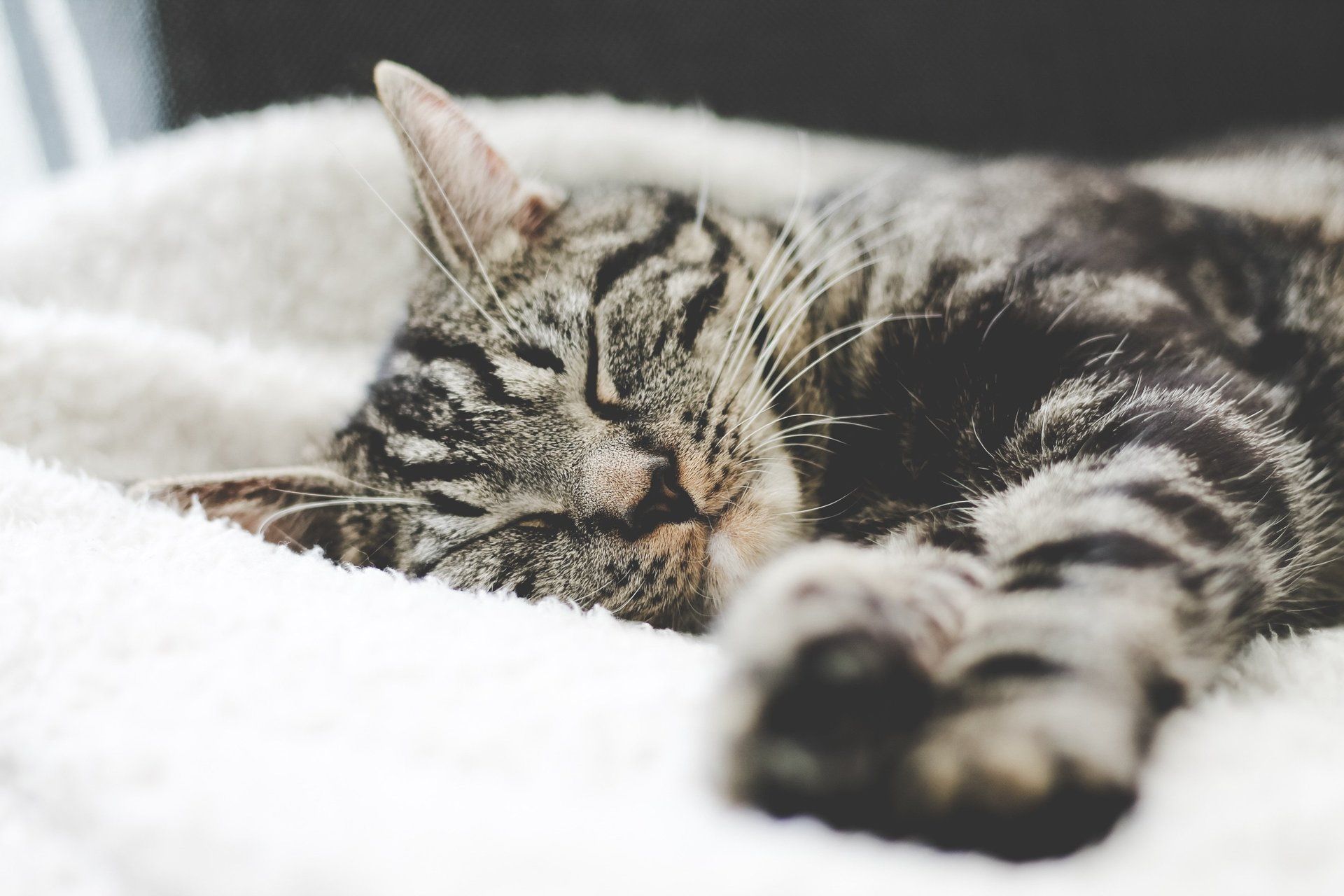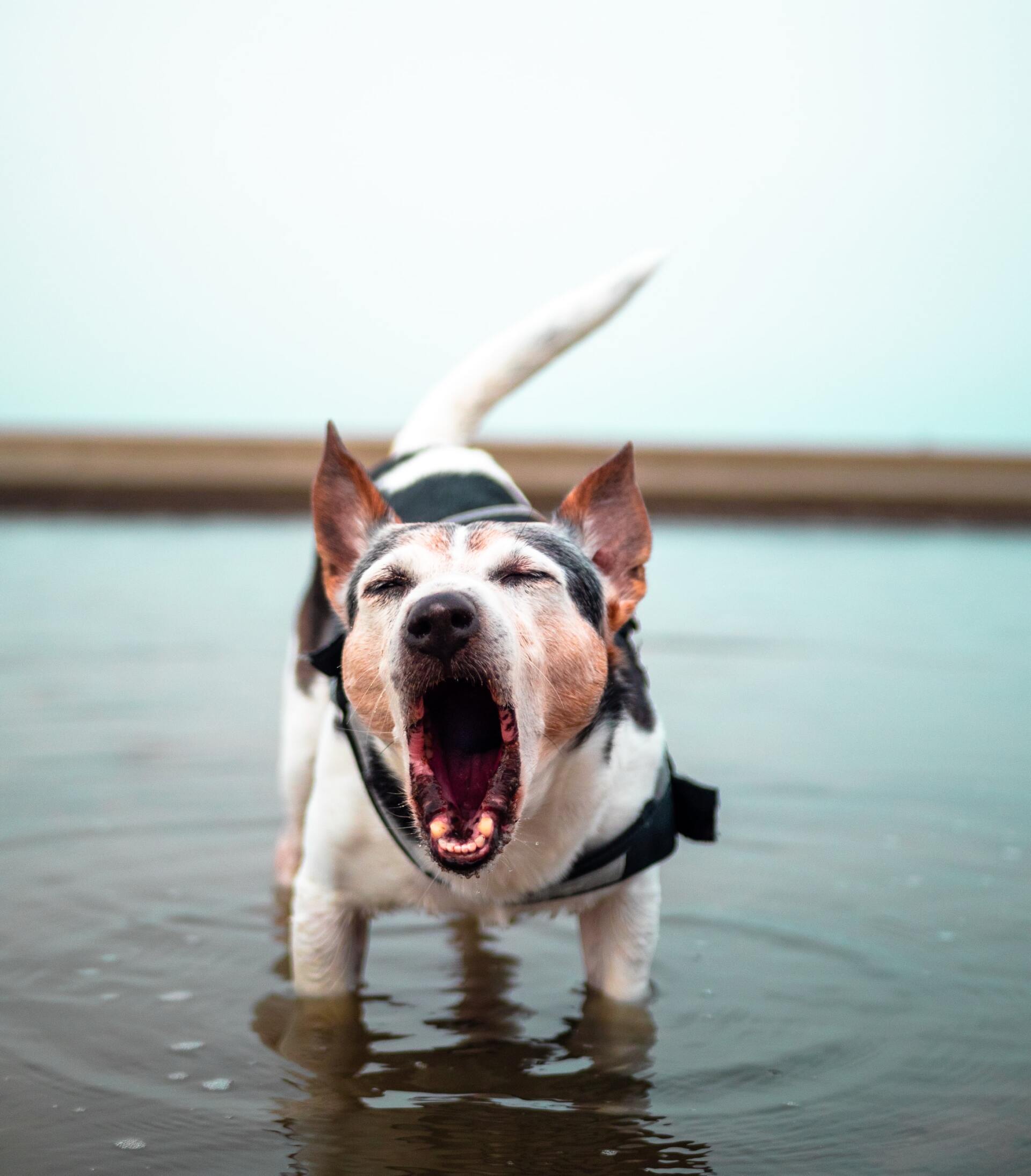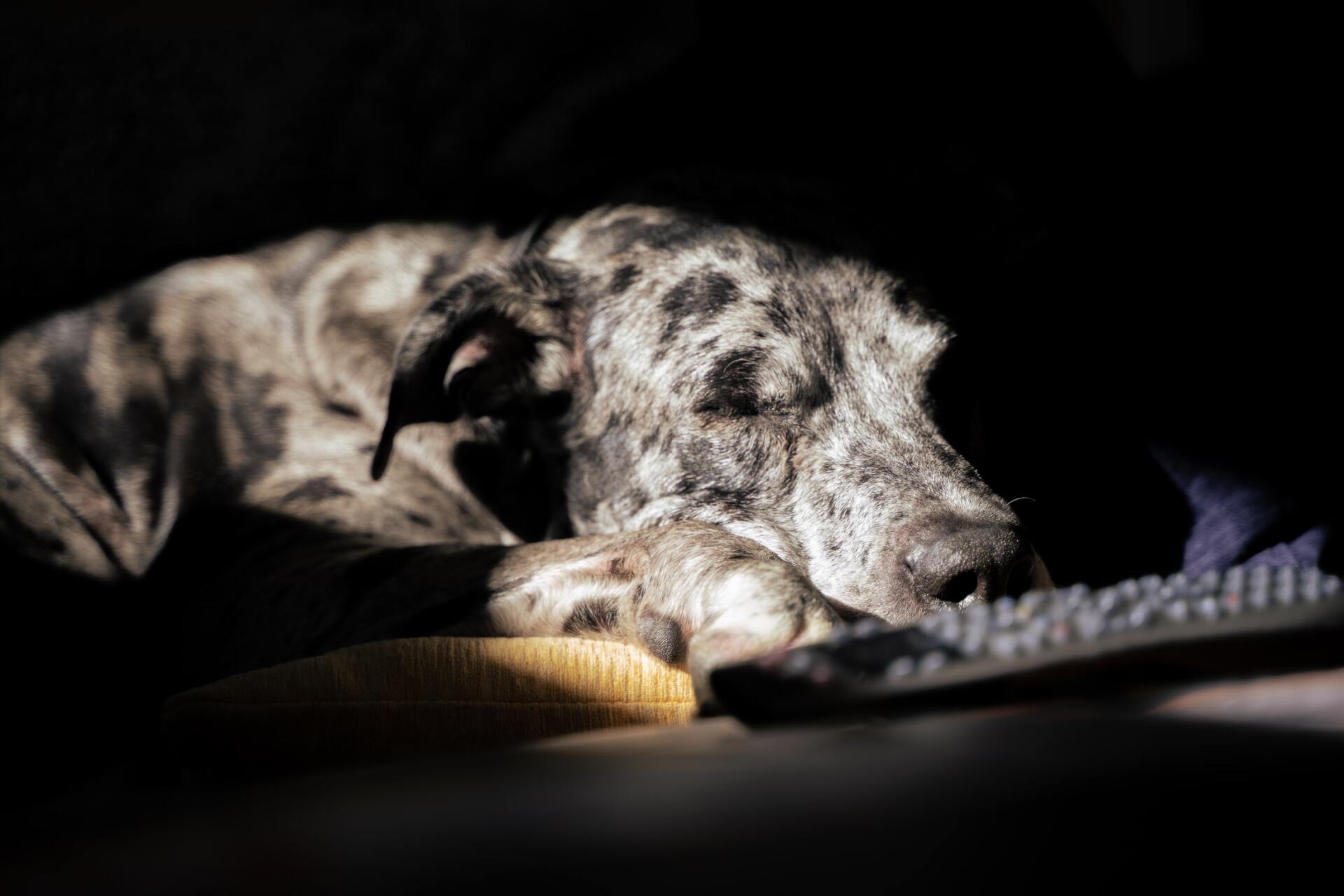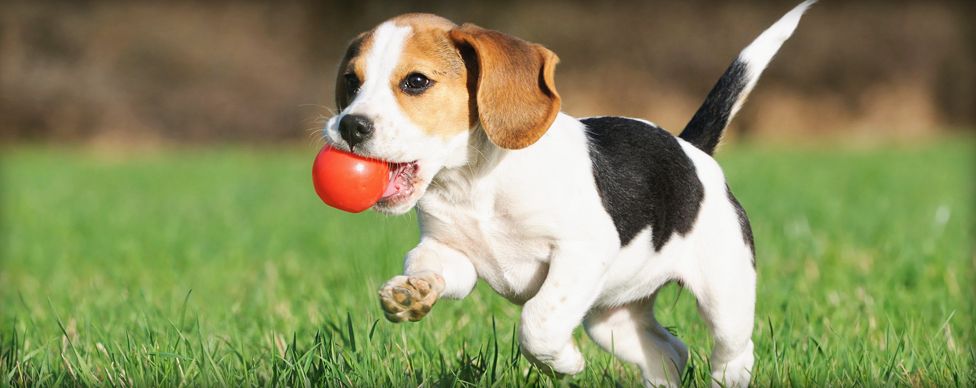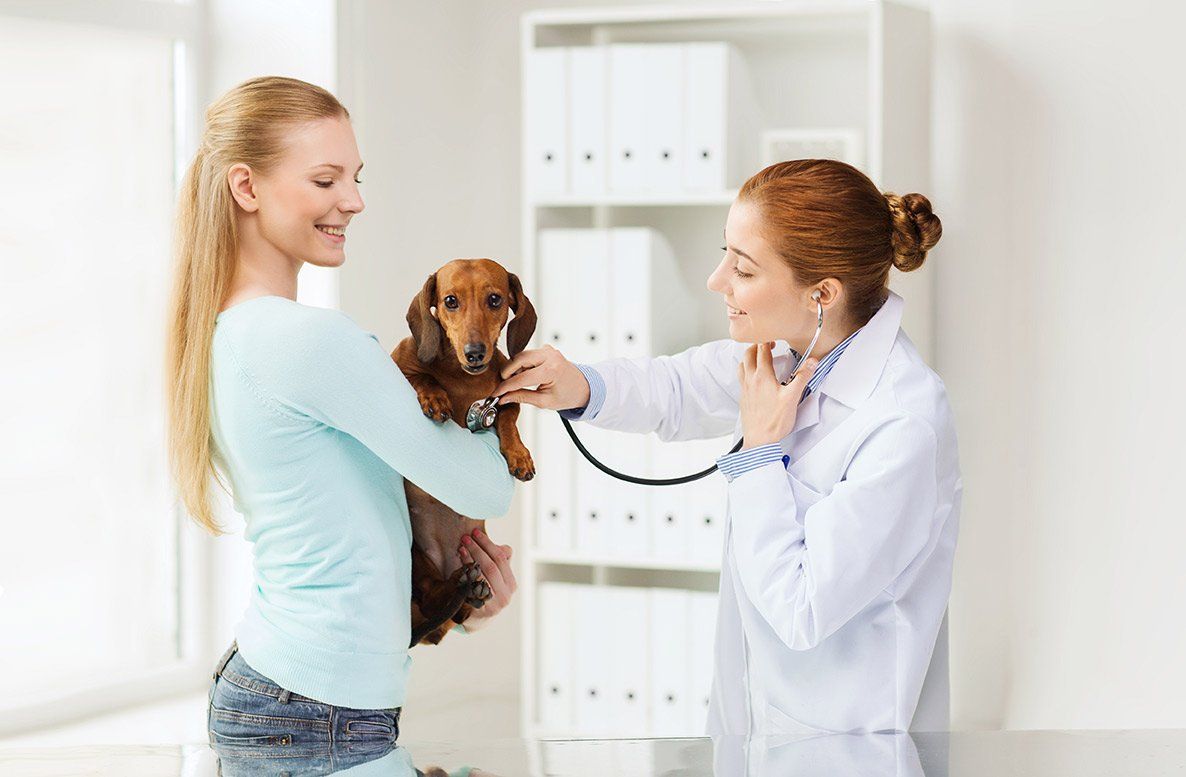
There are quite a few reasons why veterinary care is so important. Like humans, animals need to have annual visits to see a doctor to keep an eye on their health. Here are a few things that veterinarians will check: Detecting diseases early - Like cancer in humans, dogs can develop cancer or other fatal diseases as well. It’s important to take your pet to a vet to receive proper veterinary care annually to catch any abnormal growths inside or outside of the body. You can also schedule additional visits to the vet if you notice any strange lumps on your pet’s body at any time. Pet vaccinations - Pet vaccinations will help prevent your dog or cat from getting sick. Your pet needs to be updated on all their pet vaccinations before you board them because sicknesses can be transferred from one dog to another. Contact the cat and dog boarding center you plan to use before dropping off your pet to figure out what pet vaccinations are needed to stay at their facility. Check your pet’s skin and paws - Veterinary care also includes checking a dog or cat’s skin and paws to make sure they are healthy and strong. It’s not normal for a cat or dog to have bald patches in their coat, so a vet will check for that and any other abnormal things. Check your pet’s digestive system - Sometimes veterinarians will request you bring in a stool sample from your dog or cat. The stool sample is to check for intestinal parasites like ringworms, which would require anti-fungal treatment in the form of pills or creams.
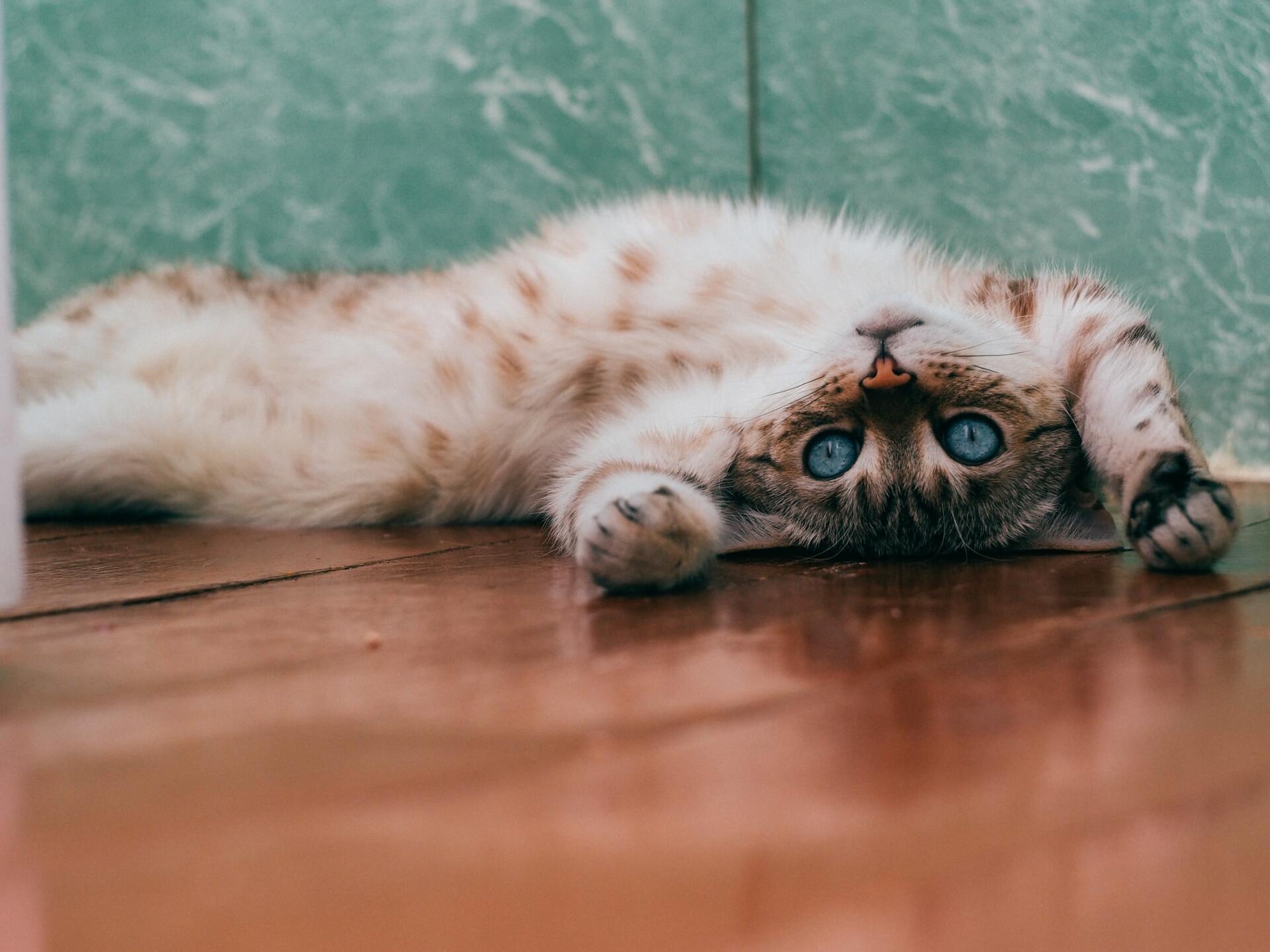
Every cat person knows it - the deep, blissful rumble of a well-contented kitty. Everyone assumes that a cat’s purr is the same as a smile or laugh on a human. However, that’s only part of the story. Today, scientists and veterinarians believe there are many reasons why cats purr - and it’s not just a way of expressing their love for you. Curious? Keep reading to find out the top reasons that your cat is treating you to purrs. 1. Your cat is happy or content : It deserves to be stated: many times, the reason why your cat is purring is because he or she is pleased and content. Cats are often observed purring in pleasant situations, like mama cats nursing their young, friendly cats grooming each other, or household cats being petted by their favorite humans. 2. Your cat is self-soothing : Have you ever found yourself laughing or crying after a physical or emotional upset? These behaviors can help you calm down and regain emotional equilibrium. Purring may fill the same role for cats. Veterinarians believe that cats sometimes purr in an attempt to feel better if they’re sick, injured, or even hungry. 3. Your cat is trying to soothe someone else : Cats don’t just purr when they’re upset or injured - they may also purr when another creature they care about is upset or in need of medical or veterinary care. Cats have been observed cuddling close to injured or ill cats and purring in an attempt to soothe them, and sometimes they’ll even do this for humans. However, there isn’t much scientific evidence to explain this behavior fully. 4. Your cat is building tissue and bone strength : Most cats purr at a frequency of 26 Hertz, which has been linked to regenerating tissue and bones. Wild cats often spend much of their days laying around waiting for a hunt - purring might help their bones and muscles stay strong even when they’re not active. Your cat might have retained this behavior from his or her wild ancestors. So, why is your cat purring? When it comes to decoding a particular cat’s purr, everything depends on context. A cat kneading your lap, slow-blinking at you, and settling in for lots of love is probably purring at you because she’s happy. A cat purring insistently around dinner time is probably politely asking you to hurry up and fill the dish already. A cat settled in next to his lethargic brother and purring may be trying to help that cat feel better - which you should take as a signal to bring the lethargic cat to the vet. If you ever have a question about your cat’s particular purrs, trust the team at Briarcrest Veterinary Clinic to help you get to the bottom of it. We offer a wide range of pet boarding (including dog boarding ) and veterinary care for your furry friend, including pet dental care and pet vaccinations . If you live in College Station, TX; Bryan, TX; or the surrounding area, we’d love to welcome you and your feline companion to our practice. Call us today to make an appointment!

There are quite a few reasons why veterinary care is so important. Like humans, animals need to have annual visits to see a doctor to keep an eye on their health. Here are a few things that veterinarians will check: Detecting diseases early - Like cancer in humans, dogs can develop cancer or other fatal diseases as well. It’s important to take your pet to a vet to receive proper veterinary care annually to catch any abnormal growths inside or outside of the body. You can also schedule additional visits to the vet if you notice any strange lumps on your pet’s body at any time. Pet vaccinations - Pet vaccinations will help prevent your dog or cat from getting sick. Your pet needs to be updated on all their pet vaccinations before you board them because sicknesses can be transferred from one dog to another. Contact the cat and dog boarding center you plan to use before dropping off your pet to figure out what pet vaccinations are needed to stay at their facility. Check your pet’s skin and paws - Veterinary care also includes checking a dog or cat’s skin and paws to make sure they are healthy and strong. It’s not normal for a cat or dog to have bald patches in their coat, so a vet will check for that and any other abnormal things. Check your pet’s digestive system - Sometimes veterinarians will request you bring in a stool sample from your dog or cat. The stool sample is to check for intestinal parasites like ringworms, which would require anti-fungal treatment in the form of pills or creams.

